Charles Pakana (VAN):
Today on the program, we’re joined by Uncle Owen Butler, a Wiradjuri Man and 44 year veteran of Fire Rescue Victoria. Now, as I may have mentioned before, we are going to be speaking to members of the various uniforms across Australia, Fire Rescue Victoria, ambulance, police, and of course the Armed Forces. But today, it is up to Owen Butler to talk to us about life and Fire Rescue Victoria as an Aboriginal man. Unc, welcome to the program and thanks for joining me.
Uncle Owen Butler:
Thank you, Uncle Charles. A pleasure to be here.
Charles:
Tell me, you joined 44 years ago, so what, 1980, if my maths, basic as it is, serves me right?
Uncle Owen:
That’s correct. 4th of April, Good Friday.
Charles:
What made you want to join Fire Rescue Victoria, to start with?
Uncle Owen:
If I can keep it short, I wasn’t happy working in the bank. I’d been the bank officer for 10 years and I felt like there was more I could do in community, and I actually worked part-time at a hotel. One of the clientele was someone I went to school with, and he was in the pub four nights a week, and he worked for the fire brigade and I thought, can’t be too bad-
Charles:
If he could afford to be in the pub four-
Uncle Owen:
… if he could be in the pub four nights a week and have a family. So that was one incentive why I joined the fire brigade, because I could see that it was a lucrative position to hold. The other was that one of my staff at the city branch, her father was an officer in the fire brigade, and he used to come and pick up that particular person every Friday night. Anyway, we had a conversation and he said to me, “Why don’t you join the fire brigade?”
Charles:
Did you ever stop for a second and think about, “I’m going to be rushing into burning buildings. I’m going to have to be in positions of danger on an almost daily basis,” and this is something that always fascinates me about the fireys.
Uncle Owen:
Uncle Charles, I was a very proactive person who was not suited to sitting behind a desk, being an office worker. I wanted to be outside, I wanted to be doing things. This provided an opportunity for me to do it.
Charles:
Okay. Now, when you joined Fire Rescue Victoria back in 1980, you had not commenced your journey along your identity, and your journey as an Aboriginal man that started a good 20 years later, according to our conversations. What was Fire Rescue Victoria like though, when it came to being accepting of different nationalities? Because I know around about that time I was in the Army and that was an incredibly racist organization. What was it like in Fire Rescue Victoria, or MFB as it was then?
Uncle Owen:
The MFB when I first joined, there was very few multicultural members. I do recall there being in our recruit course, there was a Lebanese person who no one would get on with. No one could get on with him.
Charles:
Was that a personality thing or because he was Lebanese?
Uncle Owen:
I put it down to both. It was called the Camel Driver. Personally, throughout my lifetime, I have not had any issues with engaging with multicultural community, so I wasn’t identifying back then. I did know I was Aboriginal, but I knew I’d be in a safe space if I did not identify.
Charles:
Was that a conscious decision on your part not to identify?
Uncle Owen:
It was my life at that time. It’s the life that my father had. It was the way I was brought up in the house, that there were no conversations about being First Nations.
Charles:
You also mentioned to me in a conversation we had earlier before this interview about an incident at one of the fire stations, and we probably shouldn’t be talking about this, but we will, because it’s history and the truth, where you and your crew were called out to sort out the Aborigine problem. Tell us a bit about that.
Uncle Owen:
Yes. We had a fire call to the housing commission of Plattes, Napier Street Fitzroy.
Charles:
And how long ago was this, by the way?
Uncle Owen:
This was very early in my career.
Charles:
This is in the 1980s?
Uncle Owen:
Yes, in the ’80s. I’d tell around about 1982. There was a problem where someone actually threw an item off one of the landings at the housing commission of Plattes, because back then there were no windows up to prevent any rubbish being chucked over. But as it turned out, there were numerous items were thrown out at the fire brigade as we walked into the call. So following that altercation that we did on that occasion, the officer requested volunteers to return back to the housing commission of Plattes to sort the problem out.
Charles:
What exactly was inherent within that request to go and sort out the problem?
Uncle Owen:
I was still very new to the brigade, so I didn’t put my hand up, besides the fact it did involve Aboriginals, but I did not also put my hand up to say that this is wrong.
Charles:
But okay, well that aside, and we can always look back on things we did or didn’t do in our youth and curse ourselves. But in your mind, what was being asked for of those crew that were going back to sort out that problem?
Uncle Owen:
It was a payback. It was a physical altercation that was going to occur with the Aboriginals.
Charles:
Did that happen, do you know?
Uncle Owen:
To my knowledge, yes it did.
Charles:
What sort of impact do you think that had on you?
Uncle Owen:
Uncle Charles, unfortunately, back in those days, along with the way I was brought up, the way systemic racism is pretty much rampant, right through everyone’s life. It was seemed to be the norm.
Charles:
Par for the course.
Uncle Owen:
Yes.
Charles:
But things are very, very different nowadays, and we don’t let people think that that’s what the FRV is like nowadays. Because you’ve spent the last, what, decade I think of your career as a multicultural liaison officer, maybe not that long, but you’ve been really working as part of the FRV in breaking down these barriers between the organization and multicultural communities right across the northern part of Melbourne. When did that actually start for you?
Uncle Owen:
How long ago?
Charles:
Yeah.
Uncle Owen:
I can’t give you a year, but if you want to work back 13 years.
Charles:
So that would’ve been back in 2011. Over those 13 years, what’s that work involved?
Uncle Owen:
My role was to engage with early settlement in Melbourne, because we were metropolitan in that point in time. We weren’t regional. Early settlement in Melbourne, which involved going out to all community groups, community groups already established, and also refugees and asylum seekers that were coming into Australia.
Charles:
What was the goal though? What were you seeking to achieve?
Uncle Owen:
My role was to, it was an educational role. It was about teaching people from First Nations fire safety within modern homes.
Charles:
Did that have much of an impact, do you think, on relationships between these multicultural communities and First Nations communities, and the fire brigade?
Uncle Owen:
Yes, absolutely. Within the last 10 years, our role has by many in the brigade, they’ve been taken on where we are quite aware that not only do we put wet stuff on the red stuff, that it’s important to actually try and prevent fires. And so, education is all about that fire prevention. The people I was dealing with were from Third Nations, predominantly in the north. It was Horn of Africa population, who would be cooking with open fires, solid fuel, cooking on the ground inside the house. They had an earthen floor, no electricity. So we’ve got an issue when they come to Australia, they have an issue with cooking in the house.
Charles:
And burning down houses if they’re going to keep those practices going, obviously.
Uncle Owen:
Absolutely. There was no awareness of the dangers of their traditional cooking.
Charles:
But it was more than just education. It was also relationship building, wasn’t it? You and I have had many conversations about this over the years. That relationship that existed between Third Nations, First Nations and FRV, how important was that for you and how difficult was it for you to build those relationships where there may have been distrust?
Uncle Owen:
Oh, there’s always a lot of distrust. Not so much for the established communities in Australia, because apart from the fact that they have themselves suffered racism on coming to Australia, but those who are, the early settlement, they were coming to Australia. They were coming from a land of war and trauma. Anyone in a uniform was a danger to them, because those in uniform were their enemies over where they lived, because they were the threat. That’s where the death was coming from. So we reached a point where sometimes we would have to take our uniform shirt off, just wear a T-shirt to do a presentation, because we didn’t look as official as a uniform service.
Charles:
What about internally? Because I mean, your work as a multicultural liaison officer, was outward facing out to the community, but what about internally over the 44 years, ever since that instance in what, 1982 or 1983 of, let’s go and sort out that Aboriginal problem. How much has it changed now? Because you’ve got quite a number of First Nations firefighters, and I know FRV is recruiting to get more in there as well. Do you consider it to have been progressive to the point where it’s a welcoming place for First Nations people? And I’m not asking you to compromise yourself, because you’re still employed by FRV.
Uncle Owen:
It sometimes depends on the area where the stations are located. I know of problems in the western suburbs. I myself have had confrontation with an officer in the northern suburbs. There’s definitely been problems in the regional areas such-
Charles:
So this is because of your Aboriginality that you had that confrontation?
Uncle Owen:
Yes, yes, absolutely.
Charles:
Let’s be frank, though, you can pass as white, as can many Aboriginal people. What was the basis of that confrontation? Was this something because of your social stand? Because I know you’re a great supporter of the Voice to Parliament. You’ve always been a great supporter of Treaty. Was it born of that?
Uncle Owen:
It all started by me wearing an Aboriginal badge or my shirt and an officer came up, senior officer came up to me and said, “Why are you wearing an Aboriginal flag? You should be wearing an Australian flag.”
My response to that was, “Why would I wear an Australian flag? Because it’s got a Union Jack on it.” Well, it was like waving a red flag to a bull. He went straight off at me and threatened to take down the Aboriginal flag outside the station.
Charles:
How long ago was that?
Uncle Owen:
That would’ve been four, maybe… Pre-COVID, pre-COVID.
Charles:
Would you say that though is the exception to the rule, rather than the norm within FRV?
Uncle Owen:
I believe that the FRV has changed dramatically. We do now have a department diversion and inclusion, which I’ve done a lot of work, which has included First Nations stories in the fiber gate as well. So yeah, I think there is an improvement. And there’s also obviously an improvement with the multicultural as well, because when I first started there, I never saw a nation person in the fire brigade. Now, probably over the last 10 years, maybe 15, we have a number of Asians within the fire brigade.
Charles:
You’ve spoken to young Aboriginal people over the years, and you have encouraged them to join Fire Rescue Victoria as a career. Do you feel any regret in doing that, or do you really believe that FRV has advanced that point where it is a relatively safe place culturally, not physically, because we’ve still got that problem of rushing into a burning house, but it is still a culturally safe place for First Nations people?
Uncle Owen:
At present, it’s not ideal. We haven’t got all senior management, they’ve got their head around what is regarded as culturally safe. There are firefighters out there present day who are having issues at stations.
Charles:
This is because they’re First Nations, or because they’re Third Nations.
Uncle Owen:
I’m only talking about First Nations now. I haven’t had that conversation with any other. Well, no, that’s not right. There are others from multicultural communities that are having issues, just simple things, systemic racism, come name-calling and just remarks, slight remarks, which are supposed to be funny, but they’re not funny to the person who they’ve been directed to.
Charles:
I’m aware that FRV is working to address this. They’ve been doing cultural safety audits. They’re going through training and all this sort of stuff. We see that right across. How much more is needed? What do you, as a 44-year veteran, as a First Nations leader within FRV, and as a multicultural liaison officer, you’ve got a pretty broad picture of everything, what would you like to see happen to get FRV right up there to be best practiced when it comes to culturally aware and accepting of First Nations firefighters?
Uncle Owen:
Uncle Charles, it’s a real learning process and it’s very hard to change the way people have been brought up. We’re talking about systemic racism.
Charles:
You come back to that a fair bit, yeah.
Uncle Owen:
It’s very difficult and leadership must come from the top. I know that executive leadership team were very enthusiastic about engaging with First Nations and improving the situation in the fire brigade, and learning about our culture, our history, and expanding that at station level. But at this point in time, now that we’ve actually changed from MFB, I’m not sure what has been brought into our fire service from the CFA, as in their culture. I don’t want to make a generalization.
Charles:
Well, the CFA, let’s just explain that if you wouldn’t mind. So the CFA is the Country Fire Authority?
Uncle Owen:
Yes.
Charles:
And it was, I think pre-COVID that it was bought into FRV, or to MFB. So both CFA and MFB came together to be Fire Rescue Victoria, right?
Uncle Owen:
Yes. What happened there was all the professional firefighters from the CFA came over to MFB, and we amalgamated and it became FRV.
Charles:
So you’re talking about what seems to be, what you’re saying is there are two different cultures coming in.
Uncle Owen:
Yes. There is a different culture between the two fire services, and it hasn’t been an easy transition. And when they first started the transition, they said it’ll be a five-year period. I’ve got my doubts that it’ll be fixed within five years, but-
Charles:
What impact does this have on tolerance of First Nations?
Uncle Owen:
Well, the point I was trying to make was those within the old MFB, I knew those people, I don’t know those who have come from the CFA, and I’m talking about senior management. Some of them are doing great work, but when I get back to the point that good management, good leadership comes from the top, and we have a transition of staff rolling over and into different roles, progressing in their career, and it’s important that this cultural education to create a safe working place for First Nations people, it must be a continuation.
Charles:
So what you’re saying, it appears to me that there’s still a long way to go.
Uncle Owen:
Absolutely. And unfortunately, I’ll get back to the old matter. We have to train from up the top down, but we also have to start at recruit level up and build up, and those who are deemed to be a problem for First Nations and multicultural communities within the fire brigade. And it’ll be a state of attrition that we just hope that eventually we’ll have a good cohort of firefighters.
Charles:
Let me ask you then, the ultimate question. Having said all this, would you openly recommend to Aboriginal people that they join the FRV as a career?
Uncle Owen:
Absolutely.
Charles:
Even despite everything you said?
Uncle Owen:
Absolutely. FRV provide a wonderful career path for anyone. Unfortunately, some people may have to have a thick skin to get past that problem that fire service have at the moment, and who are dealing with it as well at the moment. But the benefits of working with the fire brigade, it’s a job for life.
Charles:
Uncle Owen Butler, many thanks for joining us here on Van Talks, and sharing your experiences and thoughts.
Uncle Owen:
Thanks Uncle Charles. It’s been a pleasure to be here.


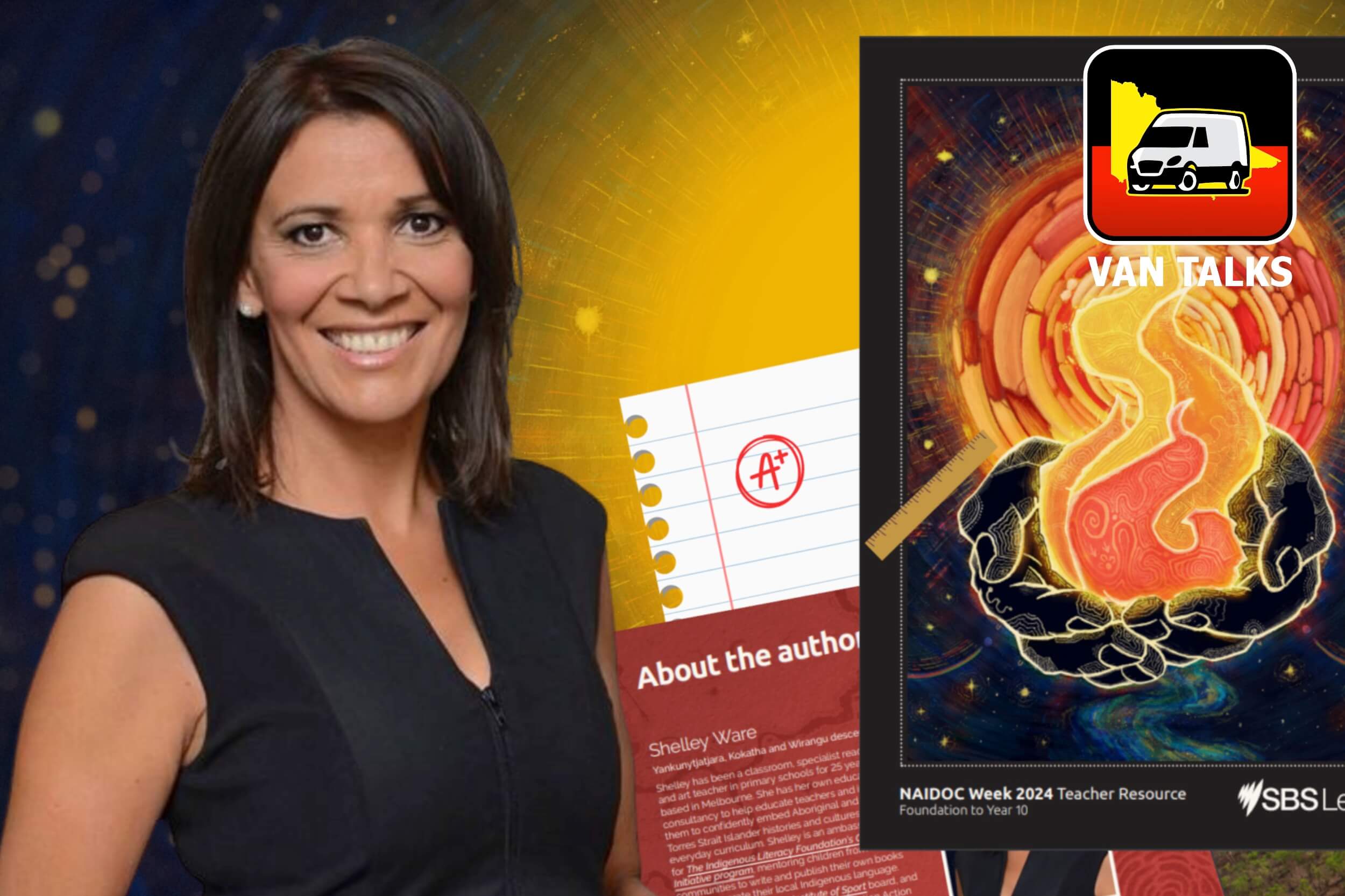
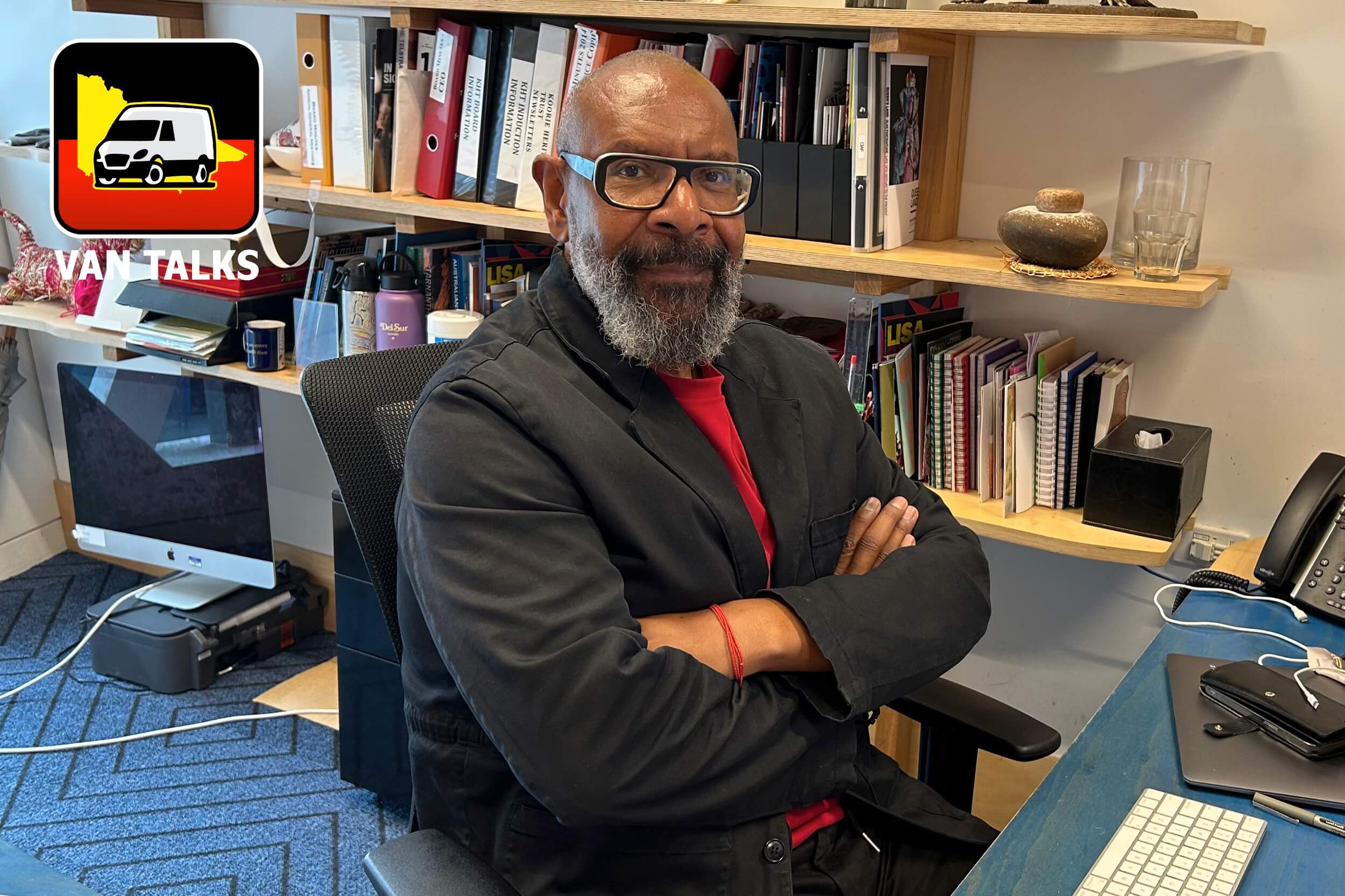
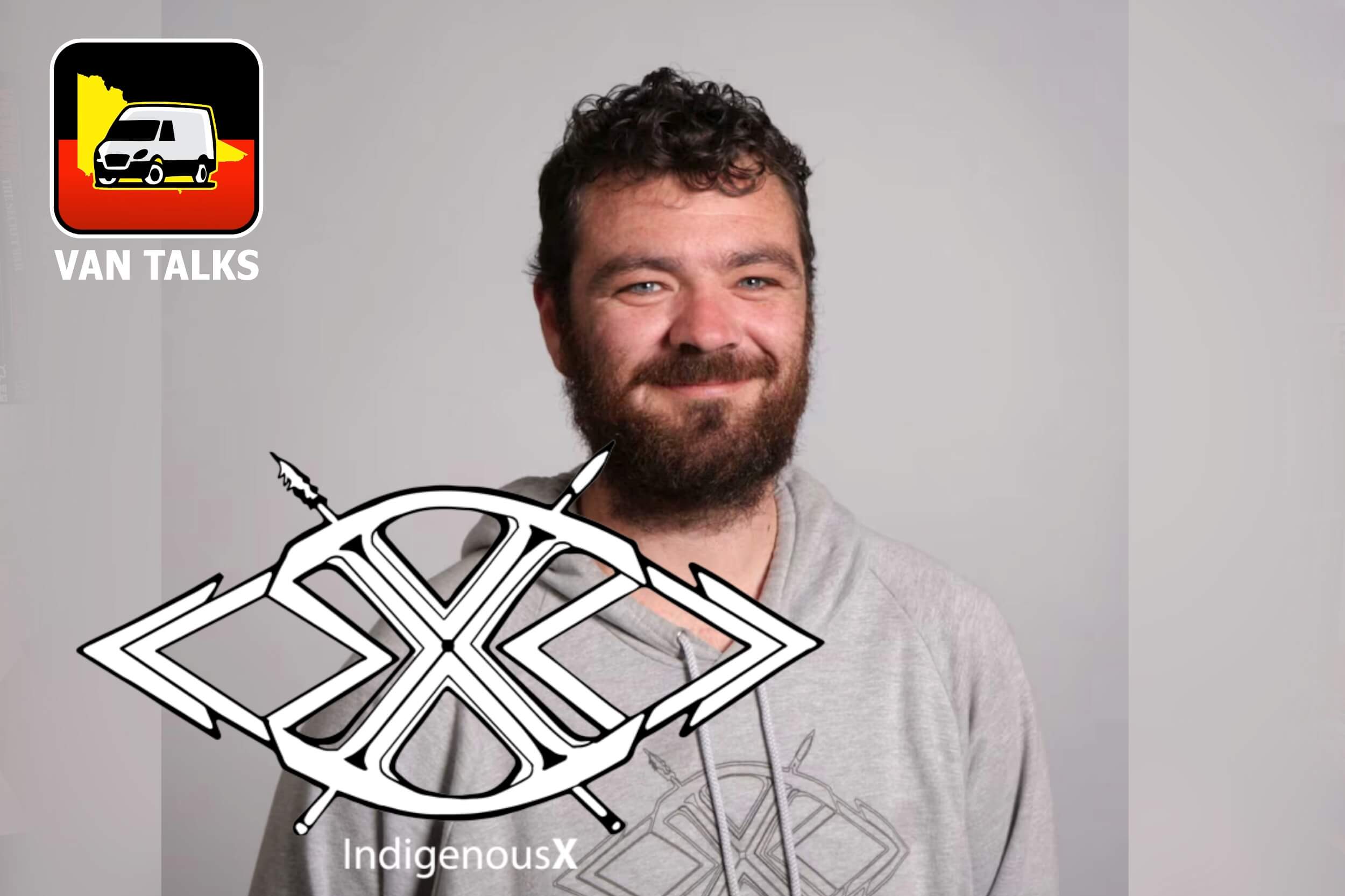
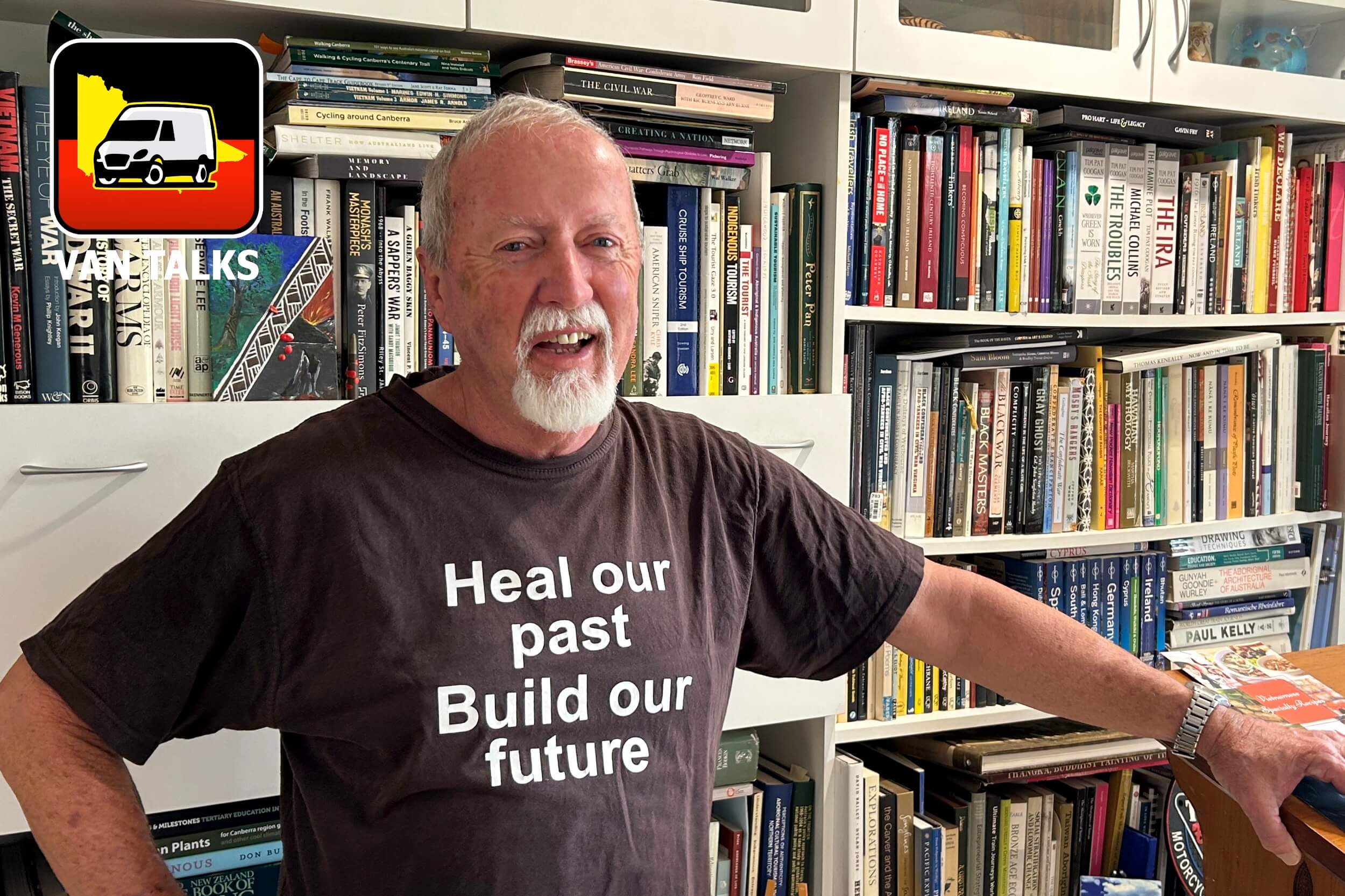
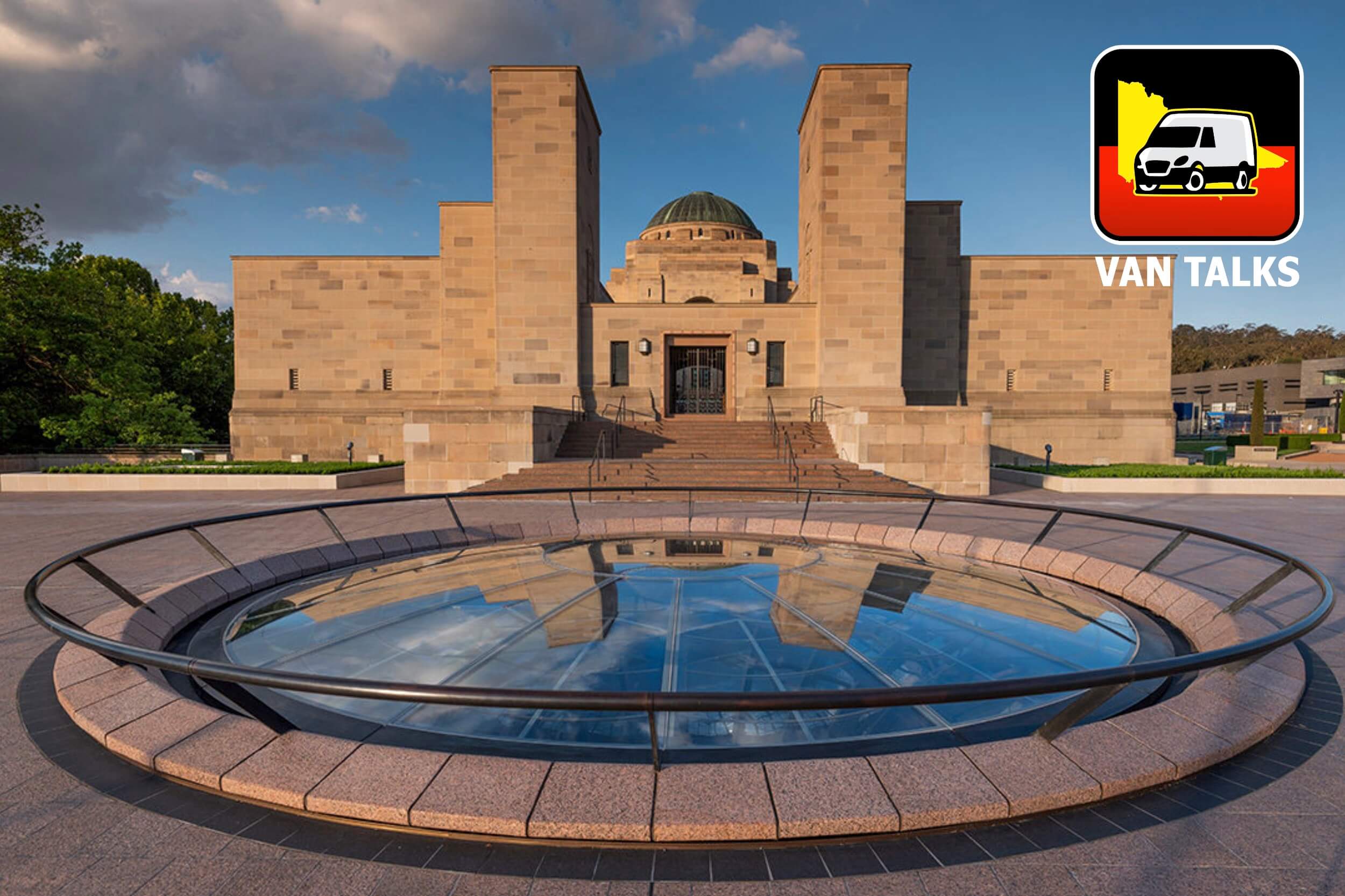

0 Comments